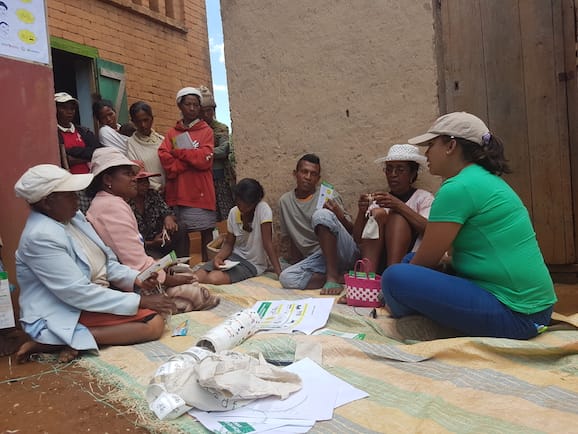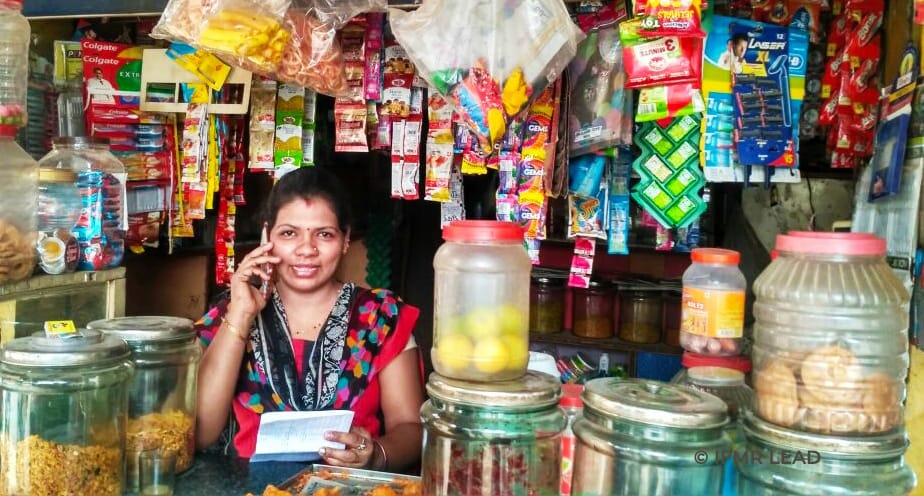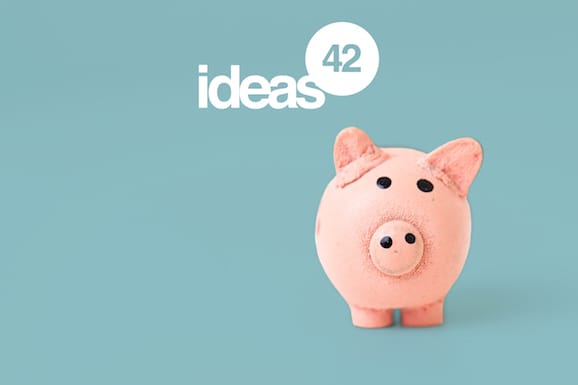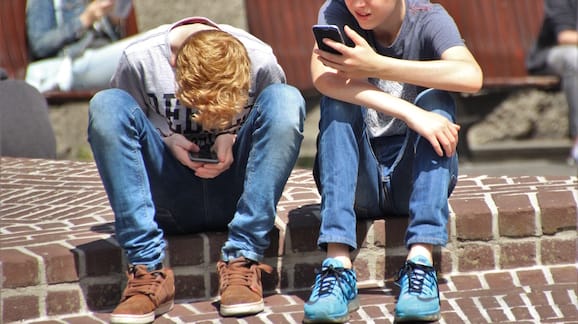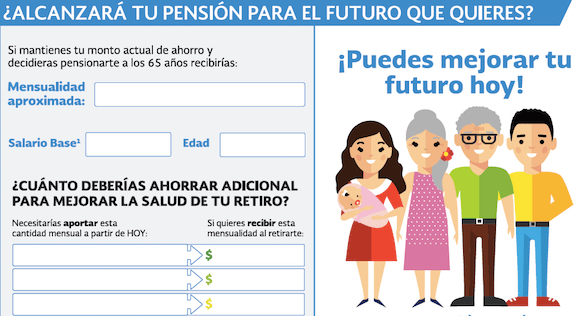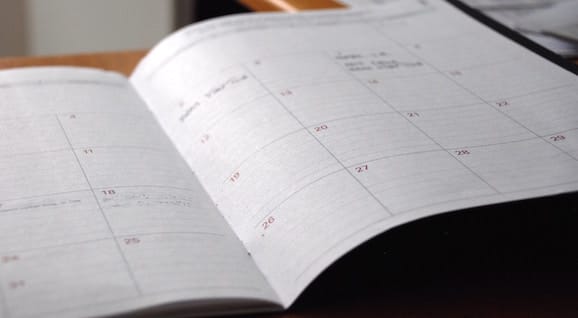
World Health Day 2018: Behavioral Science Promotes #HealthForAll
by ideas42
This Saturday is World Health Day, an awareness campaign the World Health Organization (WHO) leads which in 2018 focuses on universal health coverage (UHC) or #HealthForAll. According to WHO, half the world lacks access to essential health services—UHC means ensuring that all people have access. While barriers to health services are at times structural or […]

